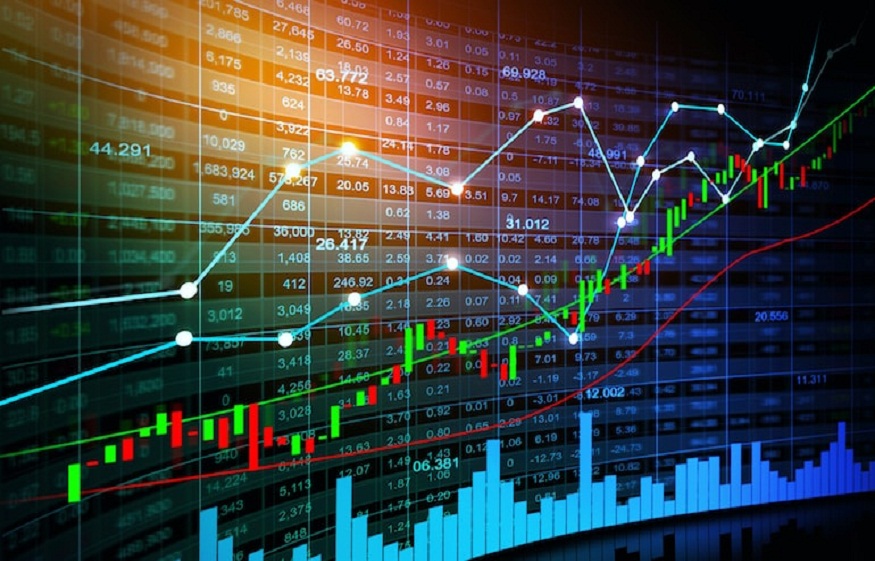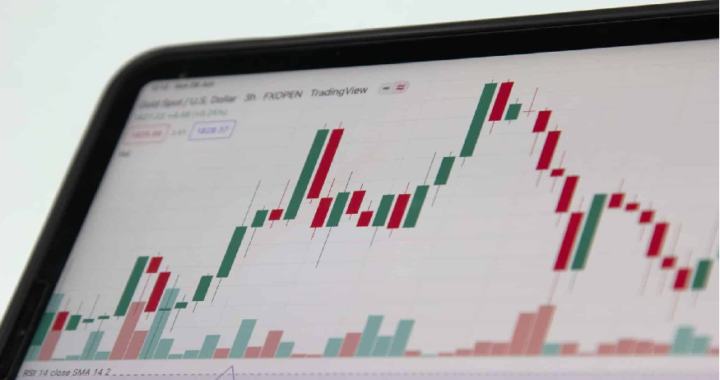The Role of Algorithmic Trading in Today’s Markets

In the ever-evolving world of trading, technology has become a powerful ally for investors. Algorithmic trading, also known as algo trading, is one such innovation that has transformed how financial markets operate. By using computer programs to execute trades at high speed and precision, algorithmic trading has revolutionized traditional trading methods. Its impact can be seen across all market types, including online CFD trading, where speed and accuracy are often crucial for success.
What is Algorithmic Trading?
Algorithmic trading involves the use of predefined rules and algorithms to execute trades. These algorithms are designed to analyze market data, identify opportunities, and carry out trades faster than any human trader could. For instance, algorithms can track price movements, volume, or other market signals and react within milliseconds.
In CFD trading, this speed offers a significant advantage. Since CFDs are derivative instruments that depend on the price of an underlying asset, even slight delays in executing a trade can impact the outcome. Algorithmic systems minimize these delays, helping traders take advantage of opportunities in fast-moving markets.
The Benefits of Algorithmic Trading
One of the primary benefits of algorithmic trading is its ability to remove human emotions from the decision-making process. Emotional reactions, such as fear during market downturns or greed during rallies, often lead to poor decisions. Algorithms, on the other hand, follow a strict set of instructions, ensuring consistent behavior regardless of market conditions.
Another advantage is efficiency. Algorithms can process vast amounts of data in real time, identifying patterns and trends that may be invisible to the human eye. This capability is particularly valuable in online CFD trading, where traders must analyze multiple markets simultaneously. With the help of algorithmic trading, investors can make more informed decisions while saving time.
Challenges and Risks
While algorithmic trading offers numerous benefits, it is not without its challenges. One of the main risks is over-reliance on technology. Algorithms are only as good as the data and logic they are built upon. If the underlying assumptions are flawed or the data is inaccurate, the results can be disastrous.
For example, during a sudden market crash or an unexpected event, algorithms may react in ways that amplify losses rather than mitigate them. This is especially true in CFD trading, where leverage can magnify both profits and losses. Traders must carefully monitor their systems and ensure they have safeguards, such as stop-loss orders, in place.
Another concern is accessibility. Developing and maintaining an algorithmic trading system requires technical expertise and resources, which may not be available to all traders. Retail investors, in particular, often face barriers to entry, relying instead on simpler strategies or third-party tools.
Algorithmic Trading and Retail Investors
Despite its complexity, algorithmic trading is no longer reserved for institutional players. Many platforms now offer tools that enable retail investors to benefit from algo trading. In online CFD trading, for example, brokers often provide access to automated trading features, allowing individuals to set their own parameters or use pre-built algorithms.
These tools make it easier for traders to compete in today’s markets, but they also require a strong understanding of how algorithms work. Beginners are advised to start small, test their strategies using demo accounts, and refine their systems before committing significant capital.
The Future of Algorithmic Trading
As technology continues to advance, the role of algorithmic trading is expected to grow even further. Artificial intelligence and machine learning are already being integrated into trading systems, enabling algorithms to adapt and learn from market behavior. This evolution could make algo trading even more effective, leveling the playing field for all participants.
For traders involved in CFD trading, staying informed about these advancements is crucial. By understanding the capabilities and limitations of algorithmic systems, traders can make smarter decisions and capitalize on the tools available to them.







